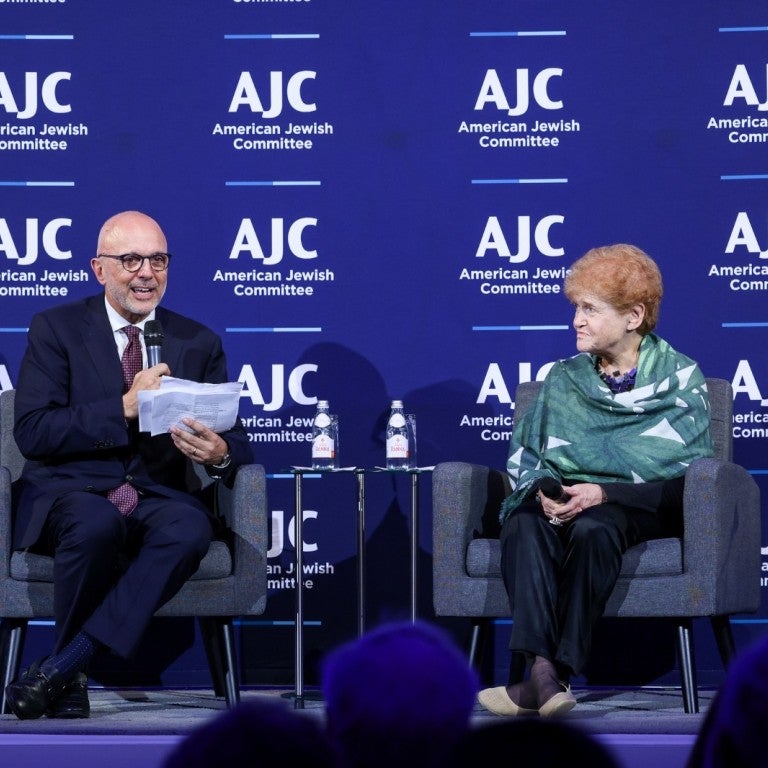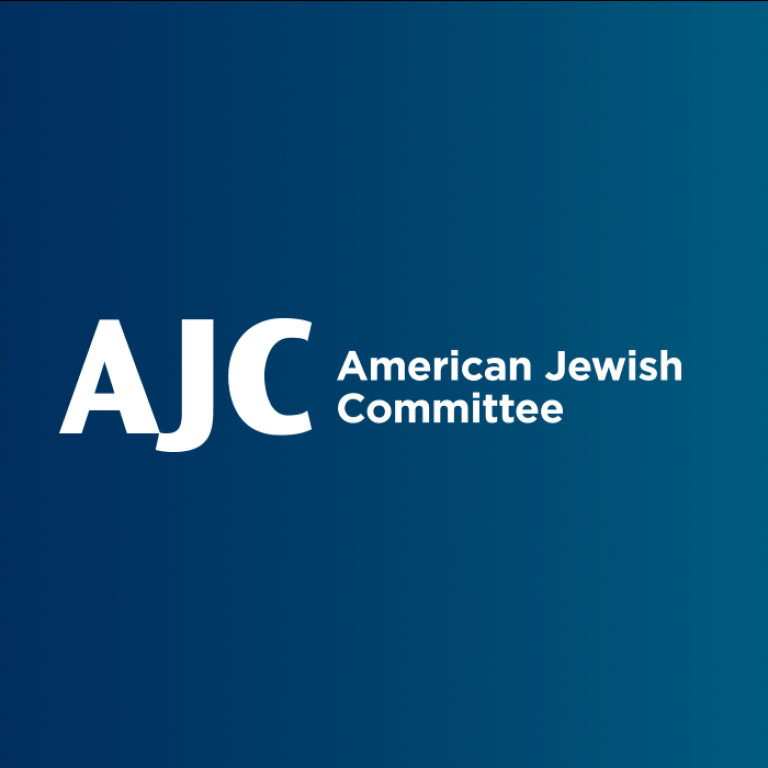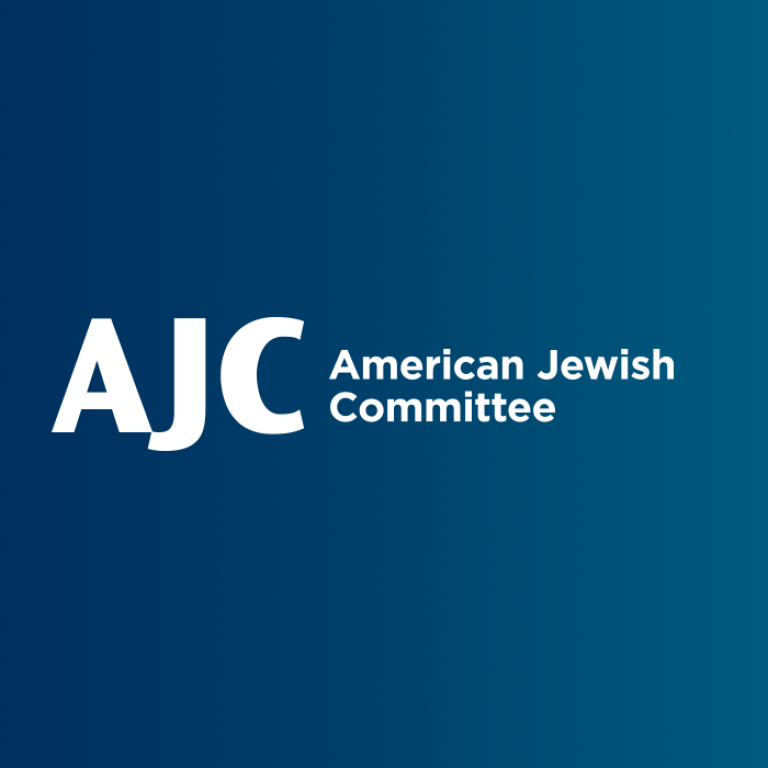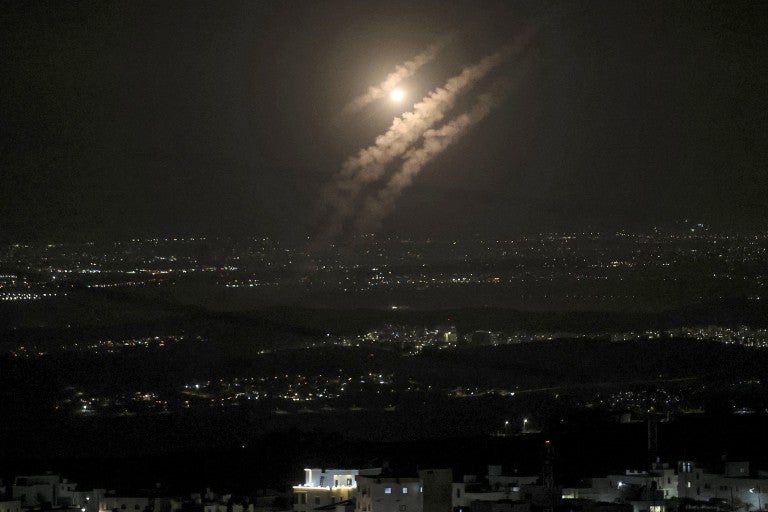October 6, 2023
Following historic popular protests that rocked Iran, triggered by the death of Jina Mahsa Amini, amidst the backdrop of pervasive violence and discrimination against women, the Iranian government remains resolutely committed to denying its people’s human rights. On September 16, 2022, Iranians were outraged by the death of Jina Mahsa Amini, who died in police custody following her arrest for allegedly failing to adhere to Iran’s mandatory veiling law for women. Her tragic fate ignited a wave of more than 1,600 protests across the country, led by women and girls chanting "Woman, Life, Freedom."
However, the aftermath of these protests revealed a stark and concerning reality. Iranian security forces responded to the widespread outrage with violence, using live ammunition against demonstrators, and reportedly subjecting many detainees to torture. The UN Special Rapporteur on human rights in Iran, Javaid Rehman, concluded that the government's crackdown amounted to potential crimes against humanity.
New outrage and accusations were also sparked against the Iranian government after a teenage girl, Armita Gervand, suffered a "severe physical assault" at the hands of government agents on October 1, 2023, on public transportation, drawing comparisons to Amini's death last year.
Here is a recap of last year’s protests, the international response, Iran’s continued repression of women’s and human rights, and what the world should do next.
What were the protests in Iran and how did the government respond?
The historic protests, reflecting widespread rage at decades of policies discriminating against women and at longstanding official impunity for violence, were met with extreme and excessive violence by Iranian security forces. Iranian authorities reportedly killed more than 500 protesters, more than half from Kurdish and Baluch areas of Iran, and nearly 20,000 protesters were arrested.
Among those particularly targeted for arrest and punishment were hundreds of children, more than 60 of whom were killed. Many of those protesters arrested were subjected to torture and ill-treatment and tried in secret before Islamic revolutionary courts in proceedings that violated basic due process standards.
To date, seven people have been executed on charges stemming from their participation in the protests. Iranian authorities also imposed internet blackouts and other extreme restrictions on communication to prevent the sharing of information and further protests and detained at least 95 journalists.
What was the international response to Jina Mahsa Amini’s death and protests?
In the months immediately following Jina Mahsa Amini’s death, many governments expressed horror at the extreme brutality with which Iranian authorities confronted the protesters.
At a special session of the Human Rights Council convened in November 2022, member states condemned the regime’s conduct and agreed to create a new Independent Fact Finding Mission on Iran to investigate the violations committed since the beginning of the protests, which AJC advocated for and welcomed.
Subsequently, a UN General Assembly resolution adopted in December 2022 condemned the Iranian authorities’ conduct since the protests and systematic violations of women’s rights.
Additionally, in an unprecedented step, Iran’s membership in the UN Commission of the Status of Women was terminated by a vote of the UN Economic and Social Council in December 2022, which AJC also advocated for and welcomed.
Further action continued into 2023. In March, the Human Rights Council adopted a resolution on the human rights situation in Iran condemning the protest crackdown and extending the mandate of the Special Rapporteur.
At the same time, individual governments, particularly those of the U.S., UK, Canada, Australia, and the EU, have adopted sanctions measures targeting individual Iranian security and government officials, companies, and government institutions particularly implicated in the protests, and the U.S. has taken measures aimed at assisting Iranians with obtaining internet access and subverting government surveillance.
Despite widespread international condemnation of its actions, Iranian authorities have denied that Jina Mahsa Amini’s death resulted from abuse by the morality police. They have not punished any official for using excessive force, killing, torturing, raping, or otherwise harming protesters, nor have they apprehended the alleged perpetrators of the chemical poisoning attacks against girls’ schools.
On the anniversary of Mahsa Amini’s death, what is the Iranian government doing?
Many people arrested in connection with the “Women, Life, Freedom” protests remain in detention, with some facing the death penalty. While Iranian authorities claim to have pardoned thousands of people initially arrested in connection with the protests, they have refused to indicate how many remain in detention today.
The new UN Fact-Finding Mission on Iran expressed concern in July that those remaining in prison include the two women journalists who reported on Jina Mahsa Amini’s death, Niloufar Hamedi and Elaheh Mohammadi, and that at least 26 people had been sentenced to death in connection with the protests, while dozens more had been charged with or face offenses carrying the death penalty.
Iranian authorities also continue to threaten, harass, and commit reprisals against victims of the 2022 crackdown and their family members. These include Jina Mahsa Amini’s uncle, Safa Aeli, who was arrested on September 5, 2023, whose whereabouts are currently unknown, and the family members of at least two victims of protest-related violence by the authorities.
Moreover, in a particularly alarming trend, since November 2022 more than 90 chemical poisoning incidents have been reported at educational institutions across 28 provinces in Iran, particularly girls’ schools; these have been alleged to be a form of intentional retaliation and intimidation by authorities against girls who participated in the protests.
Iranian authorities are threatening and arresting others they suspect of planning protests to mark Jina Mahsa Amini’s death. In recent weeks, dozens of university students have reportedly been called in for questioning by intelligence and security bodies and made to pledge to refrain from participating in protests. Iranian intelligence services also announced the arrest of a network of protest planners on September 7.
Additionally, Iranian authorities also initiated a new crackdown against women’s rights activists in advance of the anniversary. On August 19, 2023, ahead of the anniversary of Amini’s death, Iranian authorities arrested 12 women’s rights activists, part of a larger wave of arrests of some 22 human rights defenders in August 2023 alone.
Who is Armita Geravand and what happened to her?
The hospitalization of a 16-year-old girl in Iran following an incident on the Tehran Metro has sparked fresh outrage and accusations against the country's morality police, reminiscent of the unrest that swept through the nation a year ago. Armita Geravand allegedly suffered a severe physical assault by government agents for purportedly violating Iran's strict Islamic dress code. While state-run media contends that she fainted due to a drop in blood pressure and denies any altercation, social media has widely shared footage showing her being dragged unconscious from a train.
The incident has also sparked international outrage, with the United States saying it was “shocked and concerned” about the reports, while German Foreign Minister Annalena Baerbock said on X, “Once again a young woman in #Iran is fighting for her life. Just because she showed her hair on the subway. It’s unbearable.”
Many activists have drawn comparisons to Jina Mahsa Amini, signaling ongoing tensions in Iran over issues of freedom, gender equality, and social restrictions.
What is the current status of women’s rights in Iran?
Iranian authorities remain committed to maintaining and strengthening laws and policies that deny women’s equality. In recent months, despite widespread public opposition, Iran’s morality police have resumed their efforts to apprehend and punish women who defy the compulsory veiling laws. They are employing increasingly sophisticated means of surveillance to do so and have instructed businesses to assist in enforcing these laws.
The UN Fact-Finding Mission on Iran reported in July that women and girls had been suspended from studies or banned from dormitories, while businesses had been fined or closed for non-enforcement of the compulsory veiling law. If adopted, a proposed new Hijab and Chastity Bill will escalate punishments for disobeying the dress code, including prison sentences and fines for both women and businesses seen as flouting the dress code. Additionally, it includes travel bans and withdrawal of access to social services for violators. Renowned women human rights defenders, Nasrin Sotoudeh and Narges Mohammadi, remain detained and subjected to repression.
How should the international community respond to Iran’s human rights violations and repression?
As Iranian authorities deepen their repression of women and denial of basic rights, it is incumbent on the international community to recognize and condemn these ongoing abuses and insist on a change in course. In the short term, they should:
- Condemn the ongoing human rights violations in Iran, targeting women and girls, human rights defenders, and victims of the crackdown and their families. Pay special attention to obtaining formal criticisms in statements by senior officials before United Nations bodies and in the text of the annual resolution on human rights at the UN General Assembly in 2023.
- Consider the determination by the Special Rapporteur on Iran that the violations committed by Iranian authorities during and since the 2022 protests may constitute crimes against humanity and call for full accountability for those responsible for the violations.
- Impose Magnitsky-like targeted sanctions against additional Iranian government officials and entities that are responsible for the ongoing arbitrary arrest of and violations against women and girls, human rights defenders, and victims of the crackdown and their families. Such sanctions should not be aimed at civilians nor limit their access to food or medical supplies.
For the full analysis from the Jacob Blaustein Institute, please click here.





